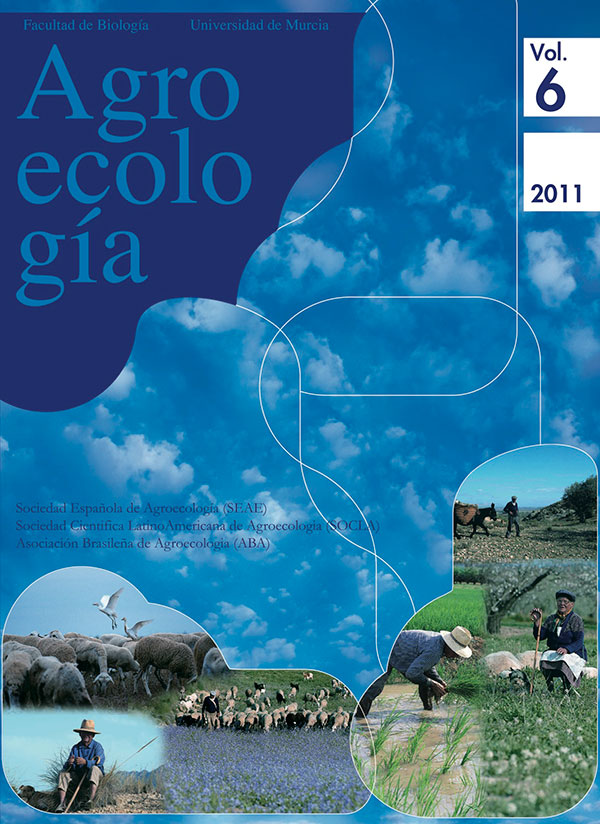Ecologically based food production systems for thew XXI Century
Abstract
Agroecology provides the scientific and methodological basis for transition strategies toward new paradigms of rural development. The cultural, social and productive basis for this new paradigm resides on the ethonecological rationale of pea snat agriculture, a source of an important legacy of indigenous knowledge, agrobiodiversity and food sovereignity strategies. Organic agriculture comprises another alternative model that produces food with less environmental impact and energy use, but this agriculture needs to transition beyond input subsitution and should emphasize local and national markets in order to realize its food security potential, freeing itself from its dependence on international markets that make it susceptible to the control by multinationals that dominate the globalization circles. The agroecological scaling-up examples from Cuba and the Philippines that emphasize farmer led participation and extension, demonstrate that the human resource and its innovation capacity are the keystone of all development strategies of rural people and especially for resource-por farmers.Downloads
Las obras que se publican en esta revista están sujetas a los siguientes términos:
1. El Servicio de Publicaciones de la Universidad de Murcia (la editorial) conserva los derechos patrimoniales (copyright) de las obras publicadas, y favorece y permite la reutilización de las mismas bajo la licencia de uso indicada en el punto 2.
2. Las obras se publican en la edición electrónica de la revista bajo una licencia Creative Commons Reconocimiento-NoComercial-SinObraDerivada 3.0 España (texto legal). Se pueden copiar, usar, difundir, transmitir y exponer públicamente, siempre que: i) se cite la autoría y la fuente original de su publicación (revista, editorial y URL de la obra); ii) no se usen para fines comerciales; iii) se mencione la existencia y especificaciones de esta licencia de uso.
3. Condiciones de auto-archivo. Se permite y se anima a los autores a difundir electrónicamente las versiones pre-print (versión antes de ser evaluada) y/o post-print (versión evaluada y aceptada para su publicación) de sus obras antes de su publicación, ya que favorece su circulación y difusión más temprana y con ello un posible aumento en su citación y alcance entre la comunidad académica. Color RoMEO: verde.





